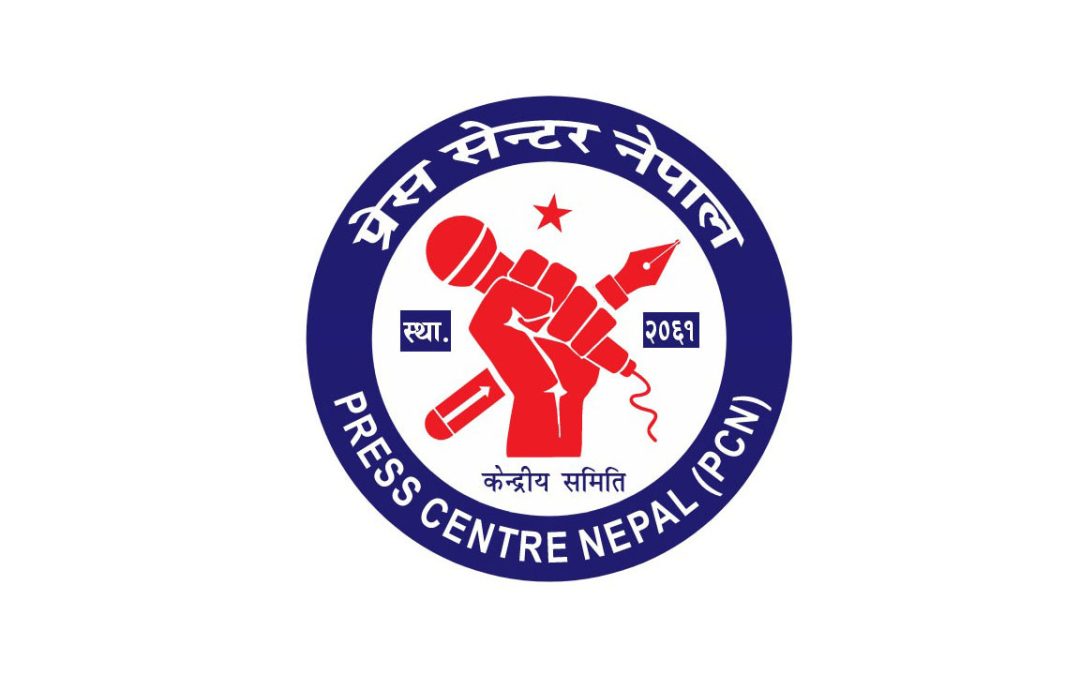

KATHMANDU: Press Center Nepal has strongly objected to several key provisions in the Media Council Bill currently under discussion in the thematic committee of the House of Representatives, stating that these provisions pose a serious threat to press freedom in Nepal. Issuing a statement on Sunday, General Secretary Manoj Gharti Magar warned that if passed in its current form, the bill would be even more regressive than laws from the Panchayat era.
According to the Press Center, the proposed provisions contradict globally accepted standards of press freedom, Nepal’s Constitution, the National Mass Communication Policy of 2016 (2073 BS), and recommendations of the Mass Communication Sector Reform Committee led by Dr. Suresh Acharya.
The organization has demanded that the provision regarding the appointment of Media Council officials—which currently proposes a committee led by the Secretary of the Ministry of Communication and Information Technology—be revised. Instead, it suggests forming a recommendation committee coordinated by the Chairperson of the National Assembly, with the Communication Minister and the Chairperson of the parliamentary thematic committee as members. The same committee should be responsible for conducting investigations if any office bearers need to be removed, the statement adds.
Furthermore, the Press Center has called for the structure of the Council’s leadership to reflect federal and inclusive principles. Experts from relevant fields, such as information technology, human rights, and media policy, should be included. The Council must represent Nepal’s geographic, gender, ethnic, and social diversity, it said. The provision that allows a joint secretary from the ministry to serve as acting chairperson in the absence of an appointed Council chair should be amended, the Center argued, warning that this would reduce the Council to a mere extension of the ministry. Instead, the senior-most member of the Council should be designated acting chair.
The Center also proposed appointing a Chief Executive Officer for a five-year term through open competition and emphasized that the Council’s budget and annual report should be submitted to Parliament in line with procedures followed by constitutional commissions to ensure institutional independence.
On the issue of press representative distribution and newspaper classification, the Center demanded a review of the existing provision. Until a separate autonomous body is formed for classification, the Council should retain the responsibility.
Press Center Nepal further called upon the Education, Health, and Information Technology Committee of the House of Representatives, and Parliament at large, to take serious note of the regressive provisions and revise the bill accordingly.
The Center urged all media-related organizations to jointly launch pressure campaigns to push for amendments. It warned that if the bill is passed without necessary revisions, it would launch a phase-wise protest movement nationwide.

